Disney’s Reedy Creek Improvement District (“RCID”) could soon CHANGE in some critical ways.
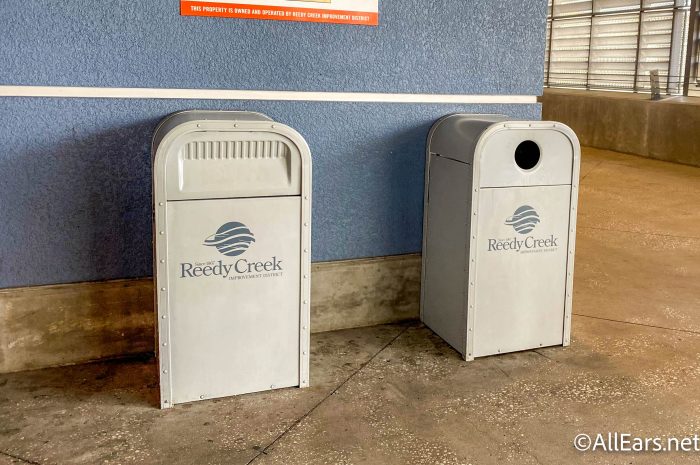
We’ve been keeping a close eye out for updates about the RCID. Not long ago, we heard from the RCID leaders about the upcoming dissolution, and it was later revealed that a special legislative session could be held within the Florida legislature to address the RCID’s future. It was ultimately confirmed that Reedy Creek would be a matter on the radar for legislators meeting for a February 6th special session, and now a bill has been filed that shows us just what changes could be coming.
Reedy Creek As It Exists
First, let’s do a quick Reedy Creek 101 to give you an overview of how the district currently exists. The RCID was created over 50 years ago and for all of that time, it has given Disney World a great amount of control and power over the land on which it operates in Orlando.
Essentially, the RCID operates as its own county government. It is led by a 5-member Board of Supervisors which is selected by the landowners in the District. Since Disney owns almost all of the land within the District, it gives them a HUGE amount of control over who sits on the Board. Board members must be landowners in the District, so Disney awards them a small amount of land that is expected to be returned when the Board members end their term.

The Board members that are selected are generally “friendly” to Disney’s interests. The arrangement has allowed Disney to do many things that likely would not have been possible had they been required to seek approval from other counties (like utilizing a bunch of fiberglass to construct Cinderella Castle).
The arrangement has also been beneficial for local counties, who have not had to bear the financial (or logistical) burden of providing services for the land on which Disney operates. Instead, the RCID has handled water and sewer needs, garbage collection, most of the fire protection, etc. for the District.

But this all came into jeopardy following Disney’s criticism of Florida’s Parental Rights in Education bill (what critics called the “Don’t Say Gay” bill). After Disney issued a strong statement against the bill (now law), Florida Governor Ron DeSantis indicated that Disney crossed a line. The Florida legislature then swiftly passed a bill (which DeSantis signed into law) that will repeal the RCID in June of 2023. Some considered this to have been an act of retaliation.
For months it has been unknown exactly what would replace the RCID. Some suggested it would be recreated with only a few powers removed, still giving Disney a large amount of control. But the Governor’s office remained firm on its indication that the district would be controlled by the state, NOT by Disney.
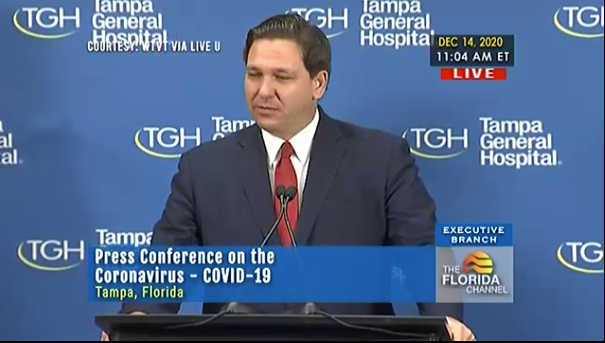
And now we’ve finally got a clearer picture of what the future could hold.
The Bill
On February 6th a bill addressing the RCID issue was filed at 1:41PM under the name HB 9B — Reedy Creek Improvement District, Orange and Osceola Counties. It is described as a bill that renames the district, provides for the continuation of some powers (like revenue collection), revises the selection of the Board of Supervisors, and more.
The beginning of the bill makes it clear that the legislature doesn’t want to mess up the District’s ability to “generate revenue and pay outstanding indebtedness.” The District’s outstanding bonds (estimated to be around $1 billion in value) have repeatedly been brought up as a potential issue (particularly if the burden of paying them is passed to local counties) and the bill seems to acknowledge this.

Right at the beginning of the bill, it notes that “No bond or other instrument of indebtedness previously issued by the district…shall be affected by this act.”
There’s a lot contained in this 189-page bill. So here are some of the big takeaways.
Change 1: Not a New District, Just a Renamed One
The first key change is that the bill does NOT propose that a new district be created or even that the RCID be totally dissolved. Instead, it indicates that the RCID’s charter would be reenacted with some changes.
It clarifies this at the end by saying that the RCID would NOT be dissolved as of June 1st, 2023 (as originally planned). Instead, it would “continue[] in full force and effect under its new name.”
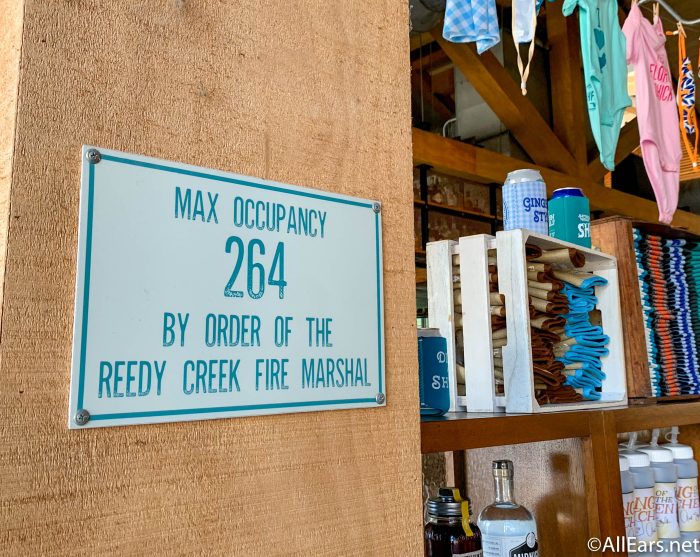
The new name for the District would be “the ‘Central Florida Tourism Oversight District.'” There would be a 2-year transition period giving the RCID time to make whatever changes are necessary to operate under this new name.
Once again the bill makes clear that “[a]ll lawful debts, bonds, obligations, contracts…and other undertakings of the Reedy Creek Improvement District are validated and shall continue to be valid and binding on the Central Florida Tourism Oversight District.”

So it looks like the RCID would technically stick around, but it would look quite different.
Change 2: New Board Appointed by the Governor
One big change is that the new Board of Supervisors that controls the District would NOT be selected by the landowners (as is currently the case). Instead, the bill provides that the “board of supervisors shall consist of five members appointed by the Governor and confirmed by the Senate.” This would mark an incredibly significant change and strip Disney of substantial power.
But, will it work? That’s not clear. Back in early January of 2023, Bloomberg Tax published an article relating to the RCID and certain problems that could arise with DeSantis’ plan. One specific issue they addressed is the removal of the landowner vote.

According to Bloomberg, “The legal problem for Florida is that to take away Disney’s control of Reedy Creek is to take away the voting power of the landowners within the district.” The RCID enabling act had set things up under a “one acre, one vote” method of election for the Board of Supervisors.
Bloomberg points out, “If Florida tried to replace it with state political appointees, the situation would go from the state managing its own subdivisions to the state taking away a landowner’s right to vote for its local representatives—an action courts are much more accustomed to stepping in to prevent.” They further explained, “Florida cannot avoid this control issue by simply creating a new district with a different governing body, as the state Constitution would require Disney to approve any special district with taxing powers like Reedy Creek.”

Interestingly, however, the state is NOT seeing to create a new district. Instead, they have structured this bill so that the RCID never dissolves. It continues under a new name and its terms are modified. Would that allow DeSantis to potentially escape legal issues or will this all end up being a dragged-out Florida court case (if the bill is ultimately passed)? We’ll be watching the situation closely to see what happens.
Change 3: Board Restrictions
Another interesting thing is that the bill has fairly strict restrictions about who may serve on the Board. Specifically, it notes that those who (within the past 3 years) have been an “officer, owner, director, employee, agent, contractor, or subcontractor of, or has had a contractual relationship with a business entity that owns or operates a theme park” CANNOT serve on the Board. Basically, those with certain relationships with companies that run theme parks (including Disney) wouldn’t be able to serve.
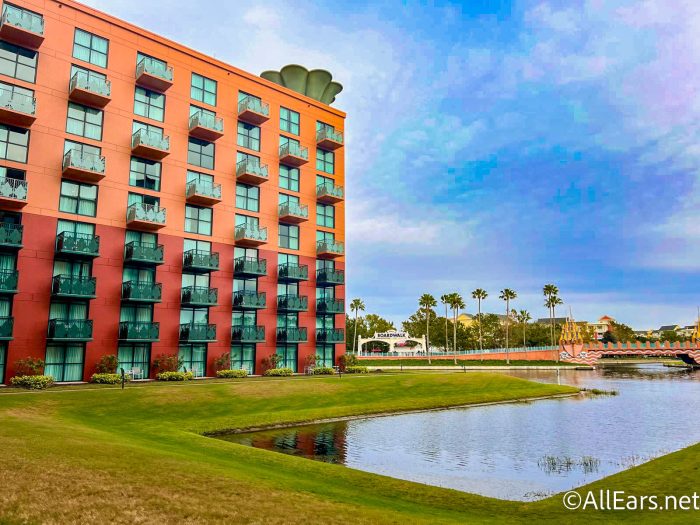
This would greatly differ from the current situation. In fact, as the Orlando Sentinel points out, one of the current Board members, Jane Adams “worked in government and public relations for Disney before joining the board.” Under these rules, someone like Adams would not be allowed to serve.
Additionally, the Board would be limited in terms of how long they can serve. The term of office would generally be 4 years, and the bill specifically provides that Board members can’t serve more than “three consecutive terms.” That would again be different than the current set-up where one member (Donald R. Greer) has served since 1975.
Other Important Things
There are several other important things to point out in this bill as well. First, it requires a number of reports to be sent to various entities within the State of Florida. Interestingly, it requires the Board of Supervisors to submit to the “Governor, the President of the Senate, and the Speaker of the House of Representatives, within 1 year after the effective date of this act, and every 5 years thereafter, a report that includes a review of all remaining powers and authorities included herein and any recommendations for consideration of eliminating said powers and authorities for potential repeal by the Legislature.”
Basically, the bill encourages the Board to take an internal look and see if there are other powers it can restrict.
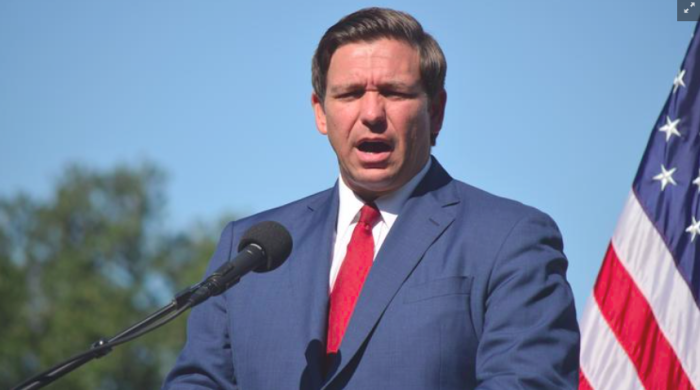
The bill also includes a list of the powers of the Board of Supervisors, including the ability to employ individuals and more.
It then details the powers of the district, which include the ability to sue, to acquire property within its territorial limits, to lease facilities, to exercise eminent domain (including over property owned by the two cities under the RCID — the City of Bay Lake or the City of Lake Buena Vista), water and flood control, water and sewer systems, waste collection, fire protection, issuance of bonds, and more.
And it makes clear that the new district would be “subject to state agency permitting, regulation, and oversight.”

It also outlines how the Board of Supervisors would have power over zoning and regulations. And it gives the Board of Supervisors the ability to levy and assess an ad valorem tax on real and tangible personal property. There is a limit placed so that the tax is no more than “30 mills on the dollar per annum.”
The Board is also given the ability to levy a maintenance tax and utility tax. Again, the bill goes through the District’s ability to issue bonds.
And in terms of the District itself, it specifies that, because the exercise of the powers under the bill would constitute essential public functions “bonds issued hereunder, and interest paid thereon, and all fees, charges, and other revenues derived by the district from the projects provided for by this act shall be exempt from all taxes by the state.”

Again, the bill makes more statements about bonds, specifically making a pledge to bondholders of the District. Specifically, it says that “the State of Florida pledges to the holders of any bonds issued under this act that it will not limit or alter the rights of the district” to do certain things and won’t “impair the rights or remedies of the holders…until all such bonds…are fully met and discharged.”
Importantly, the bill would take effect immediately upon becoming law. So if it does get passed by both the House of Representatives and Senate of Florida, and gets signed into law by Governor DeSantis, it would take effect right away.

Again, at this stage, this is only a bill that has been introduced within the Florida legislature. It still has a ways to go before becoming law, though the issue of the RCID was mentioned during the opening of the special session within the Florida Senate so it is clearly on the radar of the Florida legislators.
As of around 1:54PM on February 6th it appears it was referred to the State Affairs Committee.
We’ll continue to keep an eye out for updates on this and let you know what we find.
Join the AllEars.net Newsletter to stay on top of ALL the breaking Disney News! You'll also get access to AllEars tips, reviews, trivia, and MORE! Click here to Subscribe!

What do you think about this situation? Tell us in the comments.













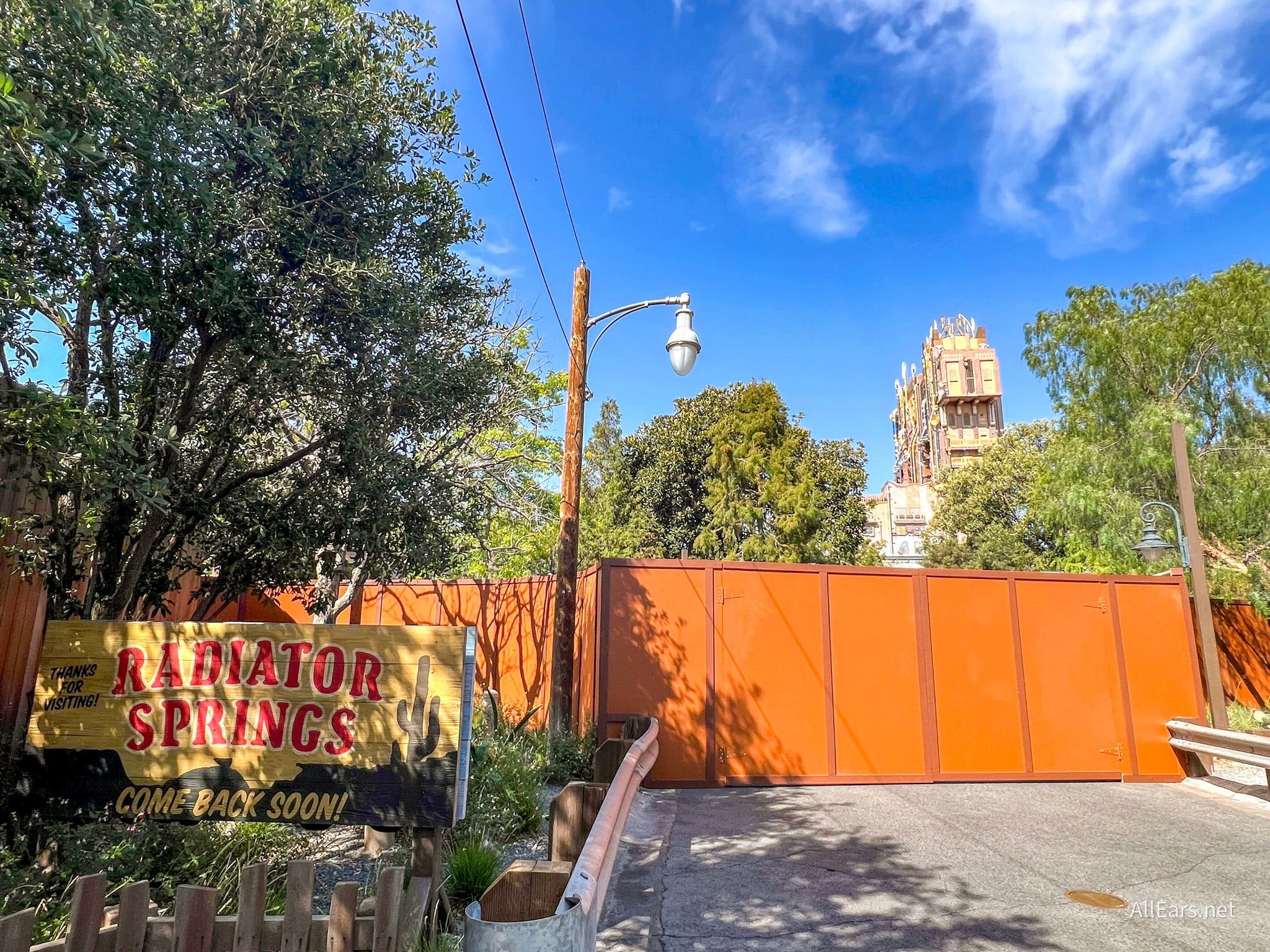

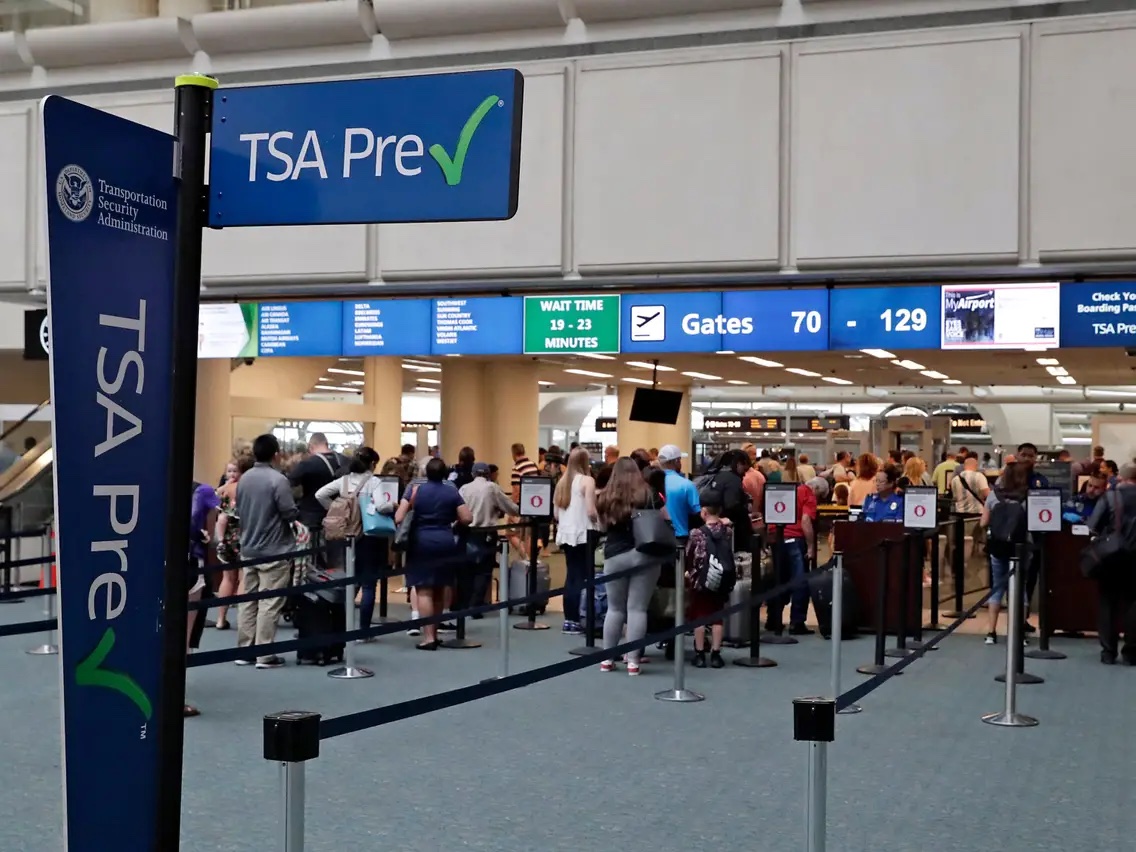





Disney should pack up and move out. They just let the Governor take control of their company.
1- who’s going to pay the cost for the change of name? All signage need to be change. All documents need to be amended. Who is going to pay the salary of the new board and who will decide what that salary will be?
2- will Disney continue to pay Reedy Creek for services, while it pays taxes to the counties and does not receive services?
3- Universal is organizing its own taxing district. Will similar restrictions be places on that district?
Notice the new district will have powers of eminent domain, which means the district can take over Disney World.
I’m mostly curious about this one the legal issues involving a state appointed board taking over the powers of a local government. Not much has been said about that to this point.
All this because a governor got his feelings hurt and decided to use his political power to get back at Disney. Like a bully. That’s all it really is. It was totally unnecessary. Disney was allowed to voice their opinion about Don’t Say Gay. Without the LGBTQ+ community of cast members, there would be no Disney as we know it. I didn’t want to get political but this is 100% about politics, so that would have been impossible.
Desantis’s actions are all political posturing. Just like when he tricked those immigrants into being “relocated” between two states, neither of which were Florida. Human Beings are his political playthings.
It sounds like he wants more government control over private companies (Disney). I guess that is the new Republican Party?